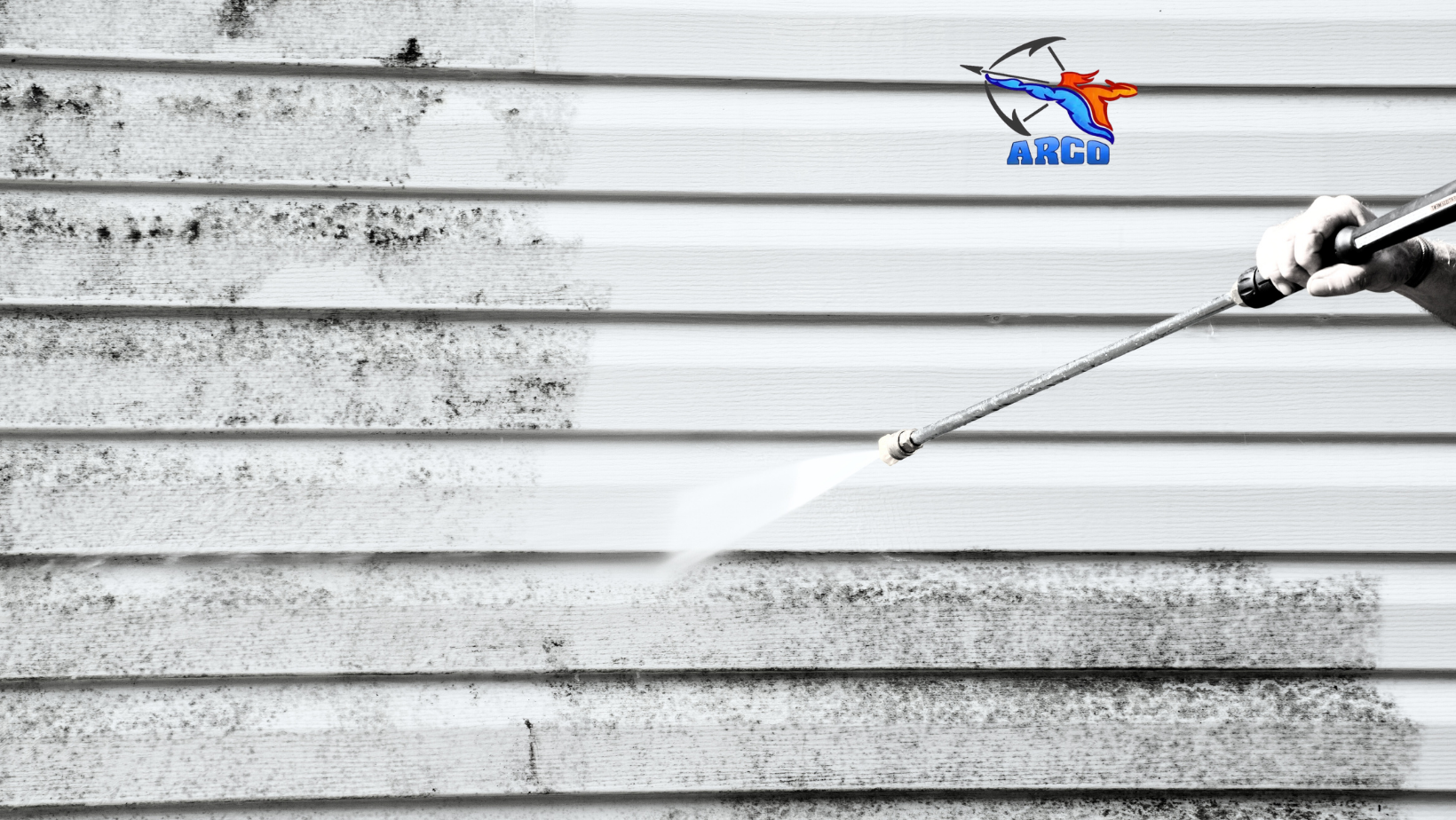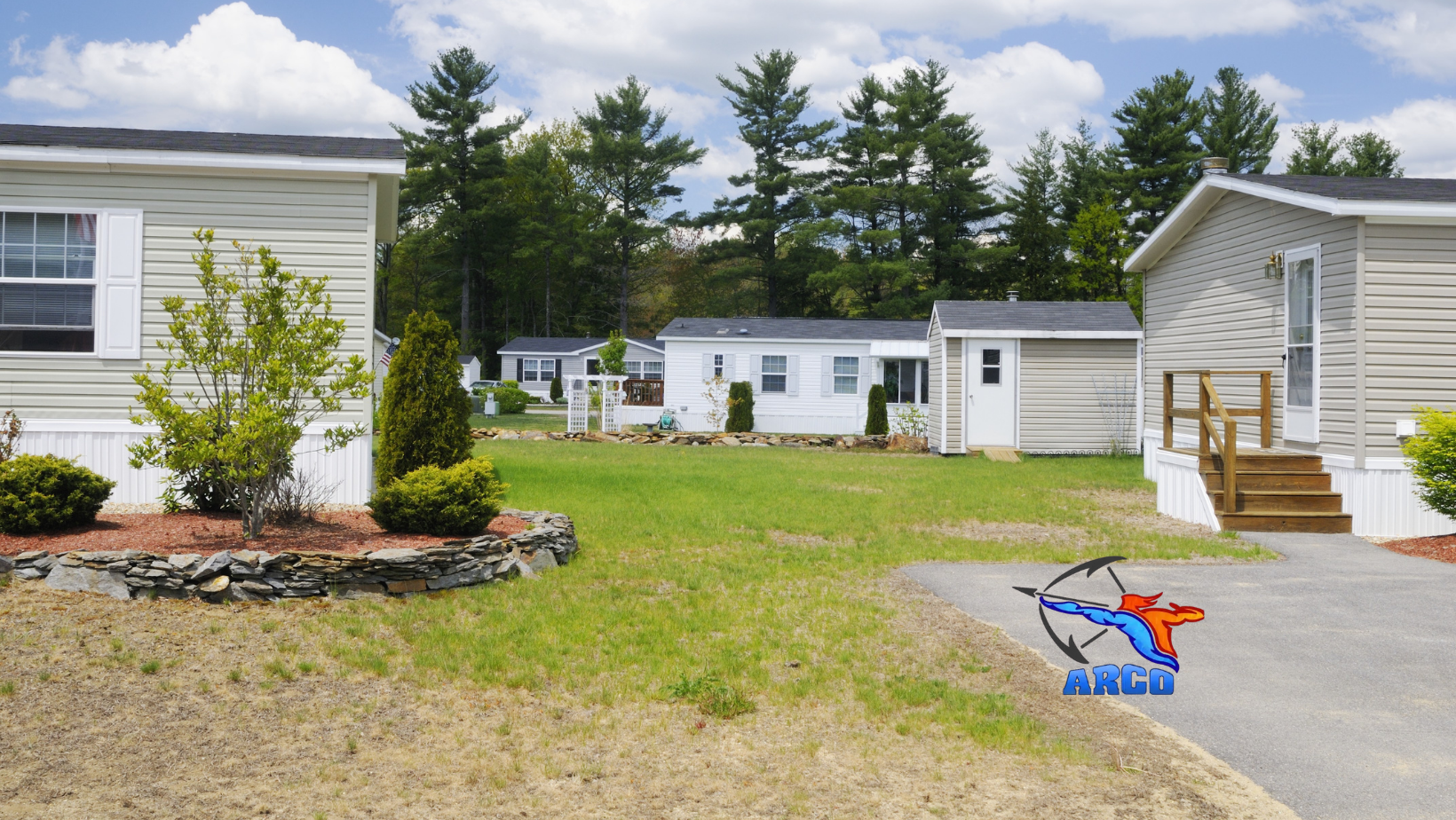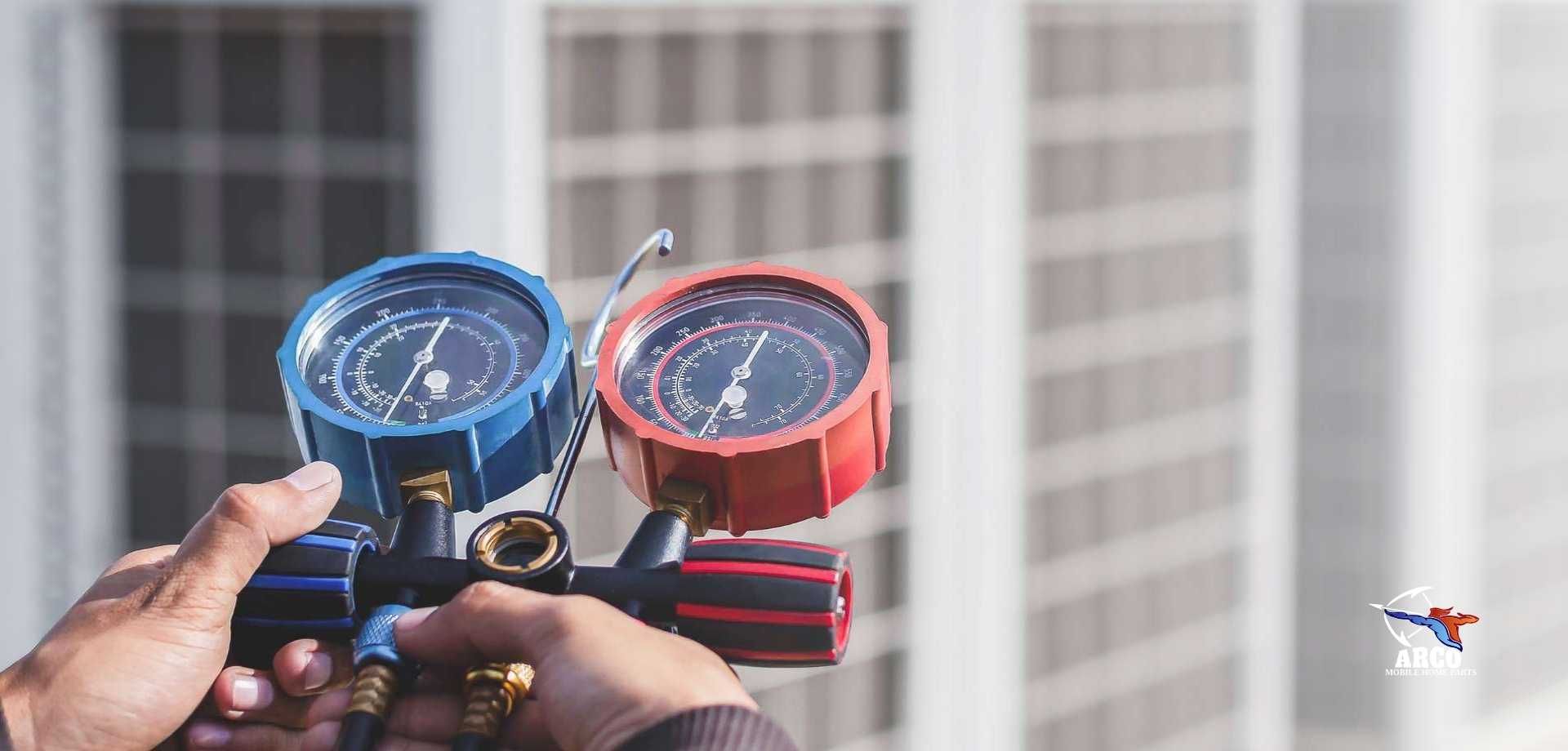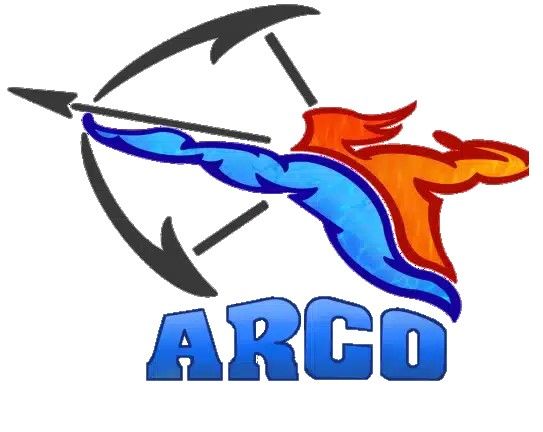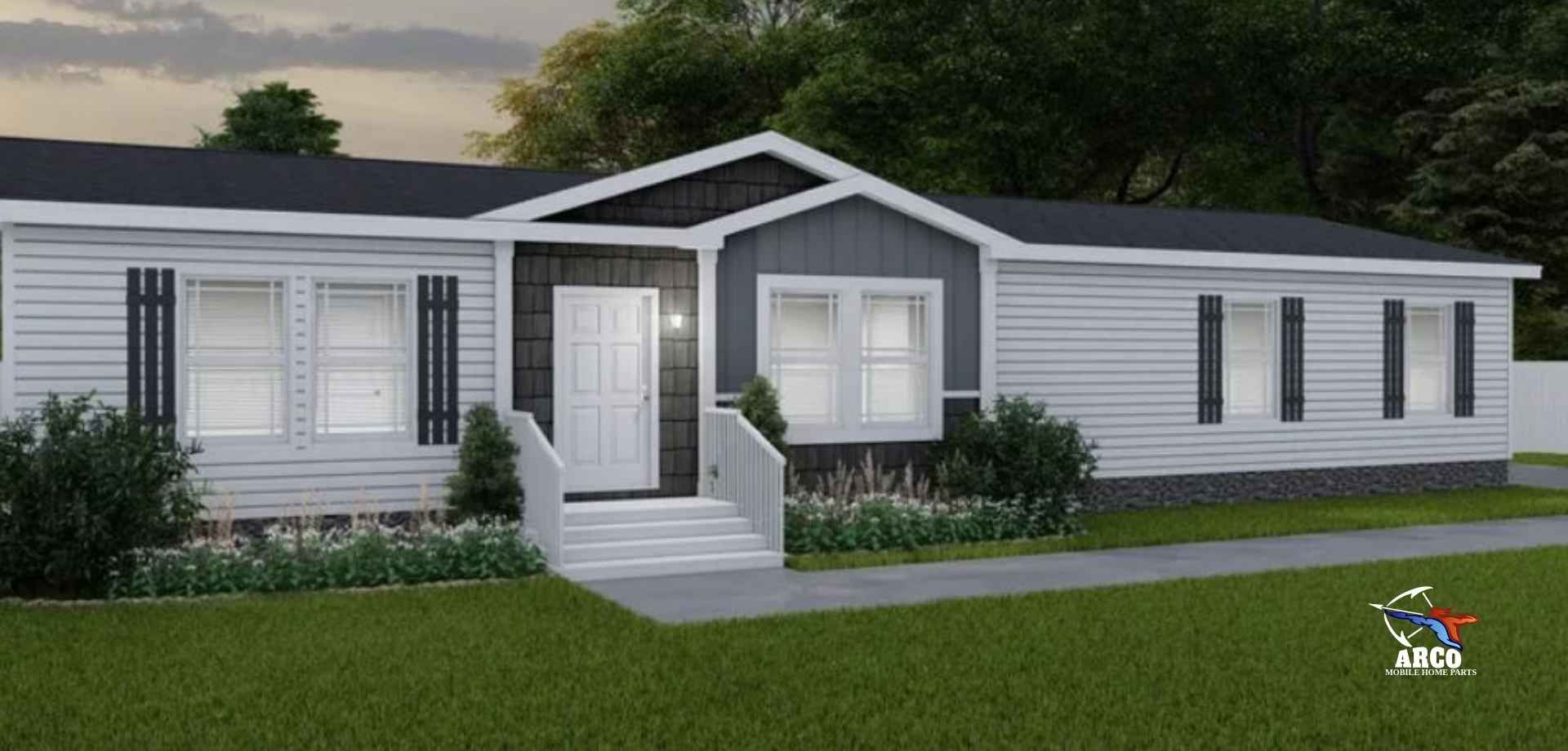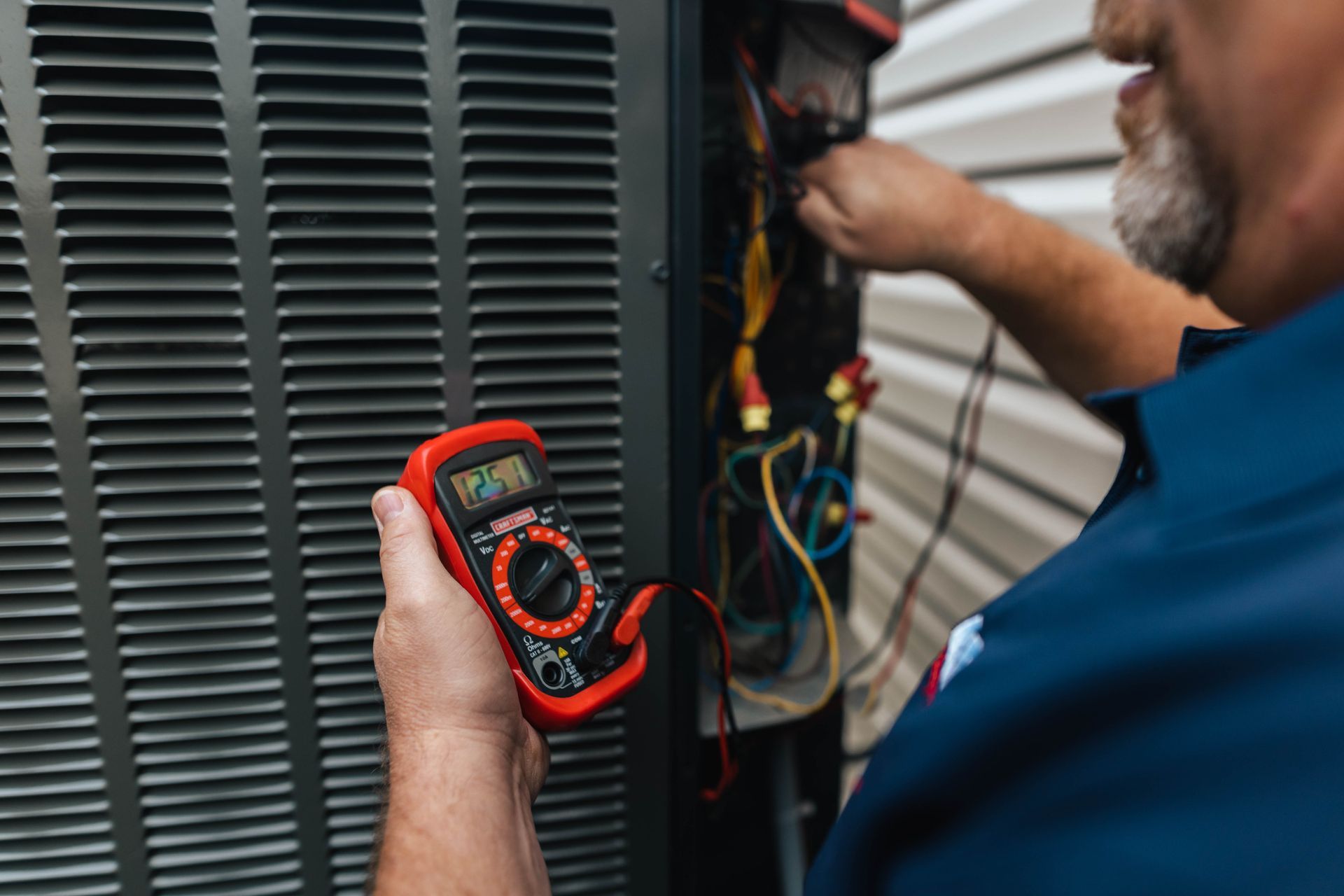
Common HVAC Problems and How to Avoid Them
Your HVAC system plays an essential role in maintaining the comfort and air quality in your home.
While HVAC systems are designed to last for many years, they can encounter issues that disrupt their performance, resulting in discomfort, higher energy bills, and potential health risks. The good news is that most of these problems can be avoided with regular maintenance and early detection.
In this guide, we’ll discuss the most common HVAC issues, how they impact your system, and what you can do to prevent them. By following these tips, you can ensure your system runs efficiently, keeps your home comfortable, and saves you money on costly repairs.
1. Dirty Air Filters
Dirty air filters are one of the simplest yet most common problems that can affect your HVAC system. Over time, dust, pollen, and debris accumulate in the air filters, restricting airflow. When your system can’t circulate air properly, it has to work harder to maintain the desired temperature, which leads to:
- Higher energy bills: The harder your system works, the more energy it consumes.
- Poor indoor air quality: Dirty filters can allow dust and allergens to circulate throughout your home, worsening allergies and respiratory issues.
- Reduced system lifespan: Overworking your HVAC system can cause unnecessary wear and tear, leading to premature system failures.
How to avoid it:
Replacing your air filters regularly is an easy and cost-effective way to prevent this problem. Depending on your system and household (e.g., if you have pets or live in a dusty area), it’s recommended to change your filters every 1 to 3 months. Additionally, regular inspections by a professional can ensure that other parts of your system, such as coils and blowers, are also clean and functioning correctly.
2. Refrigerant Leaks
Refrigerant is a vital component of your HVAC system, responsible for cooling the air before it circulates throughout your home. When refrigerant levels drop due to leaks, your system’s efficiency decreases. Signs of a refrigerant leak include:
- Reduced cooling efficiency: Your system may struggle to reach the set temperature or take longer than usual to cool your home.
- Higher energy bills: Leaking refrigerant forces your system to run longer and harder, consuming more energy.
- Environmental harm: Refrigerants, especially older types, can contribute to ozone depletion and harm the environment.
How to avoid it:
Refrigerant leaks should be addressed by a professional HVAC technician, as handling refrigerant requires special knowledge and certification. Scheduling regular maintenance with an HVAC professional can help detect leaks early and ensure that your system is running at optimal efficiency. If your system uses outdated refrigerants, you may want to consider upgrading to a more environmentally friendly model.
3. Malfunctioning Thermostat
A thermostat controls your HVAC system’s temperature and operation. If your thermostat malfunctions, it can cause your system to work inefficiently or fail to maintain consistent temperatures. Common issues include:
- Temperature fluctuations: Your home may feel too hot or too cold because the thermostat is not sending the correct signals to the HVAC system.
- Higher energy bills: A malfunctioning thermostat may cause your system to run longer than necessary, wasting energy.
- Inaccurate readings: Your thermostat may display an incorrect temperature, leading to discomfort.
How to avoid it:
Regularly check your thermostat settings and functionality. If it’s not working correctly, you might need to recalibrate it or replace the batteries. For older models, consider upgrading to a programmable or smart thermostat, which allows you to set specific temperature schedules and adjust settings remotely. A smart thermostat can save you money by optimizing your system’s efficiency based on your usage patterns.
4. Dirty Coils and Ducts
Your HVAC system’s coils and ducts play a crucial role in heating and cooling your home. Over time, dirt and dust can accumulate in these components, reducing your system’s efficiency and leading to several problems:
- Reduced airflow: Dirt buildup in the ducts restricts airflow, making it harder for your system to distribute air evenly throughout your home.
- Increased energy usage: Your system has to work harder to compensate for dirty coils and ducts, driving up energy consumption.
- Poor indoor air quality: Dirty ducts can circulate dust, allergens, and other pollutants, affecting your home’s air quality.
How to avoid it:
Scheduling regular HVAC maintenance, including duct cleaning and coil inspections, is essential to preventing these problems. Professionals can clean and inspect your system’s components to ensure they’re free from dirt and debris. Clean coils and ducts not only improve efficiency but also promote better indoor air quality.
5. Ignition or Pilot Control Problems
For homes with gas heating systems, the ignition or pilot control is responsible for starting the heating process. If this component malfunctions, it can lead to:
- No heat: A malfunctioning pilot light or ignition system will prevent your furnace from generating heat.
- Increased energy bills: A faulty ignition system can cause your HVAC system to cycle on and off frequently, wasting energy.
- Safety hazards: Ignition issues can pose a fire or gas leak risk if not addressed promptly.
How to avoid it:
Annual maintenance checks by a qualified HVAC technician are critical to ensuring your ignition or pilot system is functioning correctly. Regular inspections can detect potential issues before they lead to more significant problems, keeping your home safe and comfortable.
6. Leaky Ductwork
Ductwork is responsible for distributing conditioned air throughout your home. Leaky ducts can cause conditioned air to escape before it reaches the intended rooms, leading to:
- Uneven temperatures: Some rooms may feel colder or warmer than others due to air leaks.
- Wasted energy: Your system works harder to compensate for lost air, resulting in higher energy bills.
- Poor air quality: Leaky ducts can allow dust and pollutants to enter the system, affecting indoor air quality.
How to avoid it:
Have a professional HVAC technician inspect and seal your ductwork to prevent leaks. Properly sealed ducts improve energy efficiency, ensure even temperature distribution, and promote better indoor air quality.
7. Short Cycling
Short cycling occurs when your HVAC system turns on and off frequently without completing a full heating or cooling cycle. This can lead to:
- Reduced efficiency: Constantly cycling on and off consumes more energy and wears down your system faster.
- Inconsistent temperatures: Short cycling can cause uneven temperatures and reduce your system’s ability to maintain the desired comfort level.
- Increased wear and tear: The frequent start-stop nature of short cycling puts extra stress on your system’s components, leading to premature failure.
How to avoid it:
Short cycling can be caused by several factors, such as an oversized system, a malfunctioning thermostat, or refrigerant leaks. Regular maintenance and proper system sizing during installation can help prevent this issue. If your system is short cycling, it’s essential to have a professional HVAC technician diagnose and address the root cause.
How Regular Maintenance Helps
Routine HVAC maintenance is the best way to prevent these common problems. By scheduling regular inspections and tune-ups, you can catch small issues before they turn into major repairs, prolong the life of your system, and ensure it runs at peak efficiency year-round.
For professional HVAC installation, maintenance, and repair services in St. Charles, Missouri, contact Arco Distributing. Call (636) 947-4111 for HVAC service today!
Our experienced technicians are here to help you keep your HVAC system running smoothly, ensuring comfort, efficiency, and peace of mind in your home. Don’t wait—schedule your maintenance appointment today!
Other Articles from Arco Distributing
